April 14, 2025 | 07:46 GMT +7
April 14, 2025 | 07:46 GMT +7
Hotline: 0913.378.918
April 14, 2025 | 07:46 GMT +7
Hotline: 0913.378.918
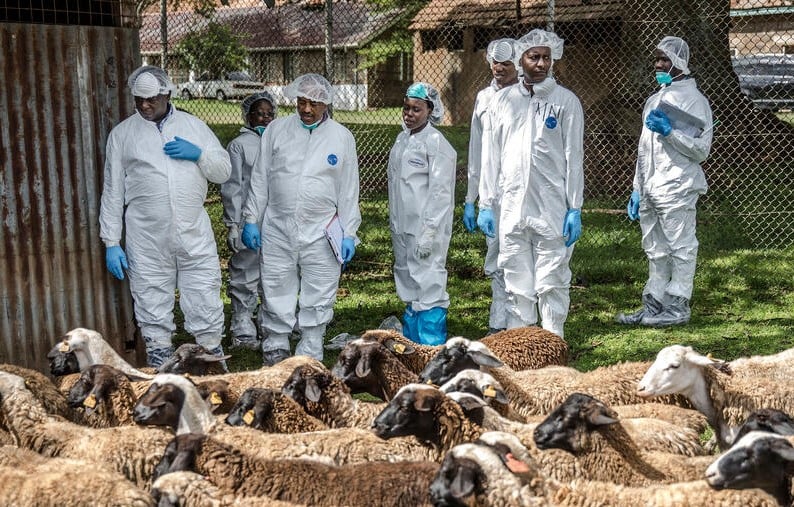
A FAO training course for veterinarians in Kenya.
A new study led by the Food and Agriculture Organization of the United Nations (FAO) and research partners highlights that improving livestock productivity is key to achieving substantial reductions in global antibiotic use.
Without targeted interventions, antibiotic use in livestock is projected to rise nearly 30% by 2040. However, the new research, published in Nature Communications, finds that strategic productivity gains in livestock systems could cut projected antibiotic use by half.
The study projects that, under a business-as-usual scenario, global livestock antibiotic use could rise to 143,481 tons by 2040, an overall increase of 30% from 2019. However, alternative scenarios indicate that antibiotic use could be reduced by up to 57% if livestock productivity is optimized.
By improving animal health, management practices, and production efficiency, antibiotic use could be lowered to approximately 62,000 tons by 2040, demonstrating the potential of targeted interventions in achieving global reduction goals."
Enhancing livestock production efficiency is key to curbing antibiotic use," said Alejandro Acosta, Livestock Economist at FAO and lead author of the study. "By producing more animal-sourced food with the same or fewer animals, we can reduce the need for antibiotics on farmed animals while strengthening global food security."
This message underscores global commitments to combat Antimicrobial Resistance (AMR). The 2024 UN General Assembly AMR Declaration calls for a significant reduction in antimicrobial use in agrifood systems by 2030. Achieving this goal poses considerable challenges, especially in regions where livestock production is expanding to meet growing food demand."
Stakeholders across the livestock sector must work together to improve disease prevention, strengthen monitoring systems, and invest in innovations that enhance animal health while reducing reliance on antibiotics" emphasized Junxia Song, Senior Animal Health Officer at FAO and co-author of the study.
In support of these efforts, FAO recently launched the “Reduce the Need for Antimicrobials on Farms for Sustainable Agrifood Systems Transformation” (RENOFARM) initiative. This program provides policy guidance, technical assistance, and capacity-building to help countries curtail antibiotic use while promoting sustainable livestock transformation.
“FAO is committed to transforming agrifood systems by reducing the need for antimicrobials, as the RENOFARM does, thereby promoting sustainable practices and safeguarding public health,” said Thanawat Tiensin, Assistant Director-General and Director of FAO’s Animal Production and Health Division.
A key contribution of the study is the introduction of the Livestock Biomass Conversion (LBC) method, which improves accuracy in estimating livestock biomass across different species, production systems, and management practices. This allows for a more precise estimation of antibiotic use intensity, enabling policymakers and stakeholders to develop more effective strategies to optimize livestock production and minimize reliance on antibiotics.
The study, "The Future of Antibiotic Use in Livestock," was conducted by FAO experts Alejandro Acosta, Wondmagegn Tirkaso, Francesco Nicolli, Giuseppina Cinardi, Junxia Song in collaboration with Thomas Van Boeckel from the University of Zürich.
(FAO)
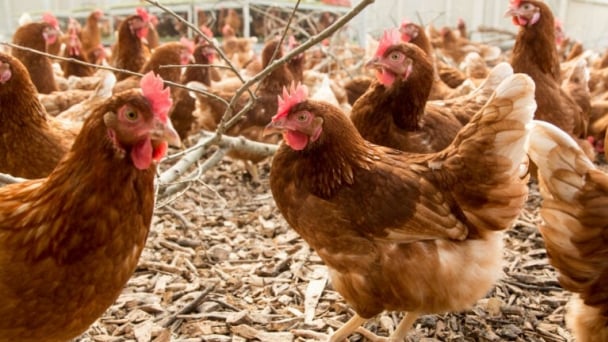
(VAN) The latest Business Benchmark on Farm Animal Welfare (BBFAW) reveals steady progress on farm animal welfare across the global food industry.

(VAN) Green credit is a financial policy that effectively supports environmentally friendly projects and activities today.
/2025/04/09/1049-2-165919_630.jpg)
(VAN) With a revenue of less than VND 30 billion/year, packaging producers are exempted from EPR liability under Decree No. 05/2025 newly issued.
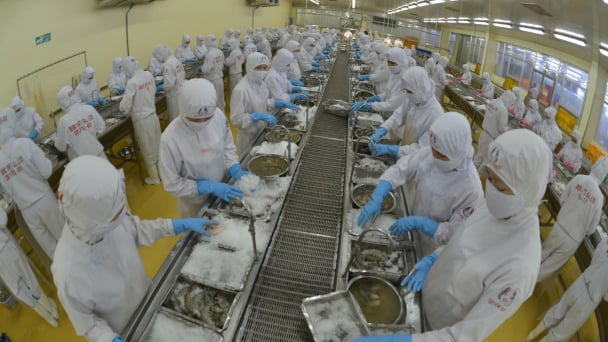
(VAN) Ministry of Agriculture and Environment has issued an Action Plan for sector's development in the coming period, aiming for a growth rate of 4% or higher and an export turnover of USD 65 billion.
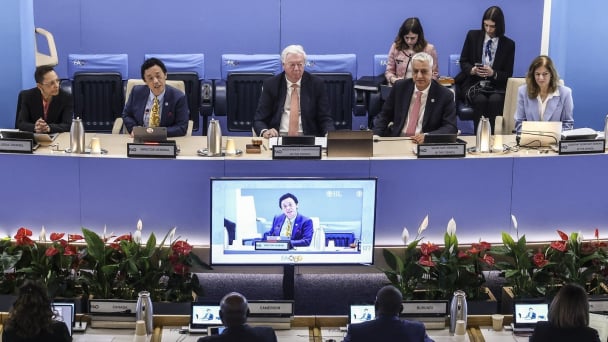
(VAN) The 177th Session of the FAO Council opened on Monday at the Organization’s headquarters in Rome.
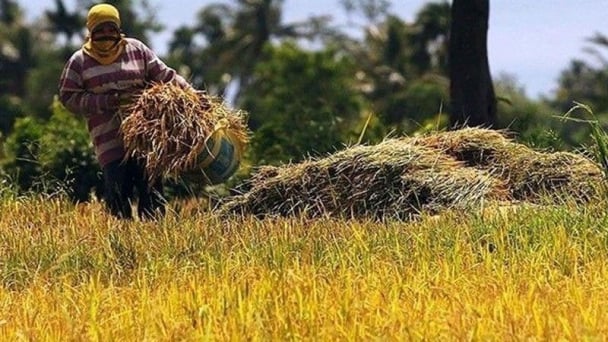
(VAN) In a statement, the Federation of Free Farmers (FFF) said the government must not be complacent over the reciprocal tariffs even if the Philippines will be slapped with the second lowest rate among US trade partners.

(VAN) On the morning of April 3, Prime Minister Pham Minh Chinh chaired a meeting with ministries following the United States' announcement of new tariff rates on imports from Vietnam.